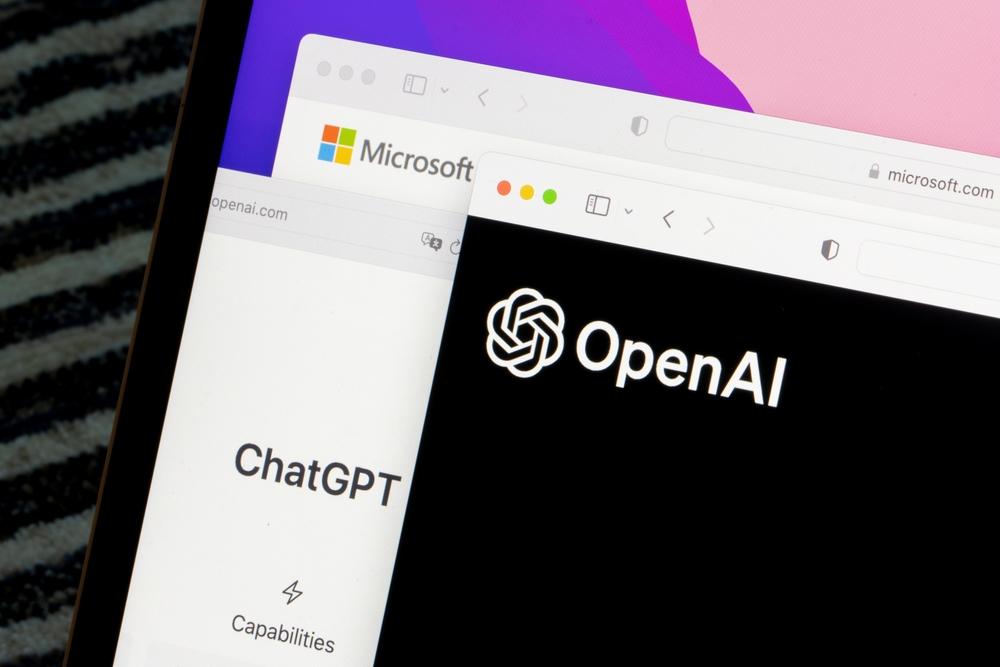The luxury German auto manufacturer is integrating the Microsoft-backed ChatGPT chatbot into its units. The automobile maker targets OpenAI’s chatbot to improve Mercedes-Benz User Experience (MBUX) for clients in the United States.
US Mercedes Users to Access AI-powered Voice Commands
On Thursday, June 15, the German automaker revealed plans to integrate OpenAI’s ChatGPT chatbot within its units through the beta program dubbed MBUX feature. Its integration would leverage artificial intelligence-powered voice commands and support additional functionality.
The beta that would begin 24 hours later on Friday would run for 90 days. It mandates drivers seeking to join the beta to request permits for the cars to start. The automaker indicated that the initiative’s scope is within the US market.
Mercedes-Benz illustrated that the chatbot integration into the US units would utilize the Microsoft Azure OpenAI Service introduced in March 2023. Nonetheless, it would integrate into the MBUX voice assistant alongside the Hey Mercedes unveiled in 2018 within the Mercedes-Benz A-Class.
The integration of ChatGPT into US vehicles coincides with the McKinsey revelation that Generative AI would contribute $2.6 trillion to $4.4 trillion annually. This translates to a 15 – 40% estimated economic impact derived from AI projected to realize $15.7 trillion by 2030. The McKinsey report projects the AI potential to impact several sectors, including high-tech, banking, and life sciences. The sectors would contribute a significant amount of revenues earned from the generative AI.
ChatGPT Reinforces Potential of Digital Products and Connected Automobiles
McKinsey identifies generative AI as revolutionizing how particular activities are executed. It targets to enhance individual productivity besides the activities automation. This awareness was portrayed in the California-based sales executive at Mercedes-Benz Carlsbad’s admission that voice commands would occur via the car. It would compel one to speak to the car directly.
The salesperson restated that voice assistant would facilitate the drivers to issue commands, including changing temperature, setting navigation, and playing music. Additionally, he clarified that the drivers could only issue the commands within the car.
The communications executive Isabel Meurer within the Mercedes-Benz Operating System (MB.OS) confessed that ChatGPT represented the mature offering of reinforcing digital products and connected automobiles.
Generative AI Potential in MBUX Voice Assistant Service
Meurer added that Generative AI portrays enormous potential among large language models to seamlessly process and yield natural outputs. She affirmed that Mercedes-Benz would pursue the transformation of its leading MBUX voice assistant to attain natural status. Besides, it would reinforce its adaptability to facilitate variance in its voice outputs.
Meurer held that while the latest Hey Mercedes version can answer several questions, upgrading to ChatGPT transforms the responses into becoming intuitive. Nonetheless, she admitted that the safety concerns might trigger questions and reluctance among Mercedes-Benz owners to embrace the AI feature.
ChatGPT Integration Transforming Mercedes-Benz into Centers of Customers’ Digital Lives
The company statement indicated that data protection is a priority for the entity, thereby downplaying the concerns of Mercedes-Benz drivers uncomfortable with the ChatGPT. The Mercedes-Benz Group chief technical executive Markus Schäfer clarified that the ChatGPT operations are restricted within the controlled cloud. The automaker will prioritize monitoring potential risks and improving the system.
Integrating ChatGPT with Microsoft in the Mercedes-Benz controlled cloud environment is a critical milestone in transforming the cars as centers of customers’ digital lives. Schäfer indicated that all activities are integrated under a single goal to redefine the customers’ relationship with the Mercedes vehicles. The move by Mercedes-Benz to integrate ChatGPT is reminiscent of testing new tech technology within its automobiles. Previously, it partnered with UK-headquartered blockchain entity Circulor in 2020 to lower carbon emissions in the supply chain ecosystem.
Integrating ChatGPT into the Mercedes-Benz system aligns with the premise that generative AI fusion with existing technologies could spark 3% productivity growth. PWC observes that the awareness of AI could draw more businesses to integrate generative AI. Mercedes Benz will likely trigger accelerated adoption of AI in automobiles seeking to transform the units into an inclusive world.
Editorial credit: Ascannio / Shutterstock.com
